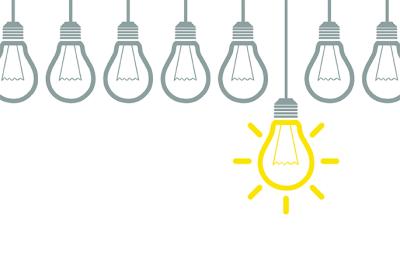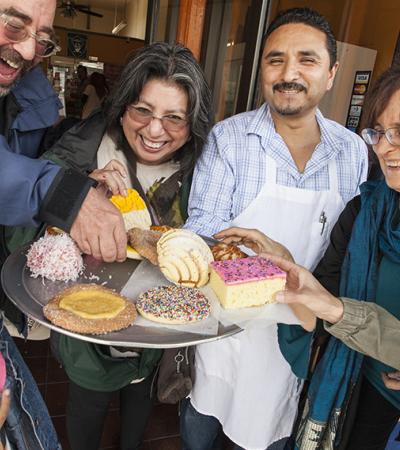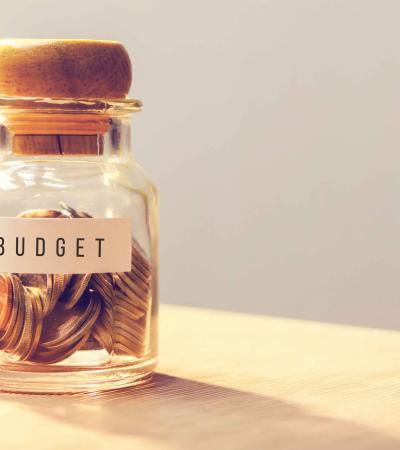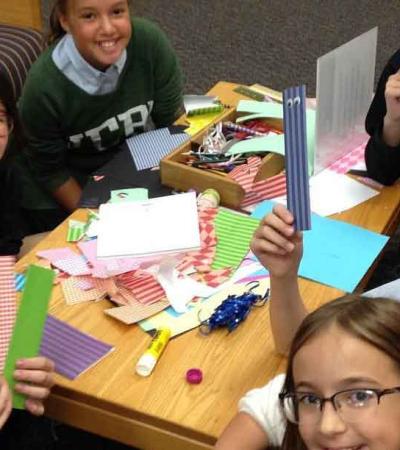We all have our favorite places to search for new programming ideas. Here are a few of my favorite places to get new inspiration (besides, of course, Programming Librarian).

Daily and monthly celebrations
You probably already know about Teen Read Week in October, but did you know that World Space Week and International Observe the Moon Night are also in October? Programming Librarian has a great list of events, celebrations and observances for each month of the year. If you need more information about a specific event or observance, they’ll link you out to that event’s website, where there is often more information on programming.
Demco’s Ideas & Inspiration Blog also posts monthly activity calendars for early literacy, children, teens and adults. The calendar gives possible activities for each day, often with links for more info and ideas. You can follow their outline of daily activities, choose a few to implement each month, or browse past calendars for even more inspiration. Calendars are posted a few months in advance to give librarians plenty of time to plan for the events, and each calendar is printable.
Curriculum connections
My favorite education-specific resource is EdWeb.net. EdWeb is a free professional and social learning network that produces webinars and podcasts for educators at all levels. While a lot of their webinars are curriculum-focused, the ideas can easily be adapted for programming. All of their webinars and podcasts are recorded and archived, and you do not have to join to make use of them. In addition, they offer continuing education certificates for attending live webinars and for watching recordings.
Games and gaming
The Games in Schools & Libraries podcast by Inverse Genius has a plethora of information, not only on what new games might be worth purchasing but also on how to incorporate them into programming. They don’t just talk about table games, either; they also cover video games, escape rooms and even how to run game design programs.
Another great game resource is Play Play Learn. Play Play Learn is essentially a database of educational, but still totally fun, games. You can filter by subject, age level, game mechanism (is it a cooperative game, card game, memorization game, word game, etc.), the amount of time it takes to play the game and the number of players. I found the game High Society by searching for games that taught financial literacy, and found Secret Code 13+4 searching for math-based games. Both games have been hits!
Organizing my ideas
For those new to Pinterest, it is a virtual bulletin board where you can pin webpages. You create different boards for the different things you want to save: book displays, passive programming ideas, book clubs, etc. Then you pin sites and images to your boards.
The pins work like the bookmarks on your browser, but I find them easier to use because each pin has an image associated with it. Instead of scrolling through a text list of websites, the images help jog my memory as to what each site contains. I find it particularly great for saving ideas on new book displays, passive programs and library design ideas. Here are a few library boards that I follow:



